Discover what the project is doing and get involved in the things that interest you.
Click on the Join button (right) if you’d like to be a part of the wildE community and contribute to the discussions below. We’d love to have you onboard.
Latest posts
New blog: Learning from Dutch Rewilding pioneers at Gelderse Poort
Nacho Villar has written a blog about the wildE workshop in April which shared learnings from the pioneering rewilding of Gelderse Poort.
Give it a read here and share your thoughts!
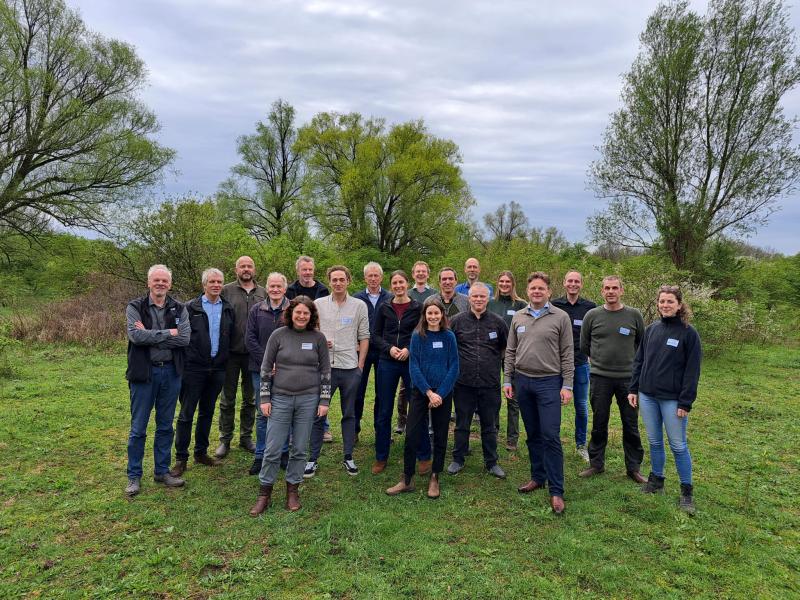
Be the first to comment
Make your views heard with Rewilding Voices

Be the first to comment
Promote your project outputs through our new Knowledge Repository, launching 2024
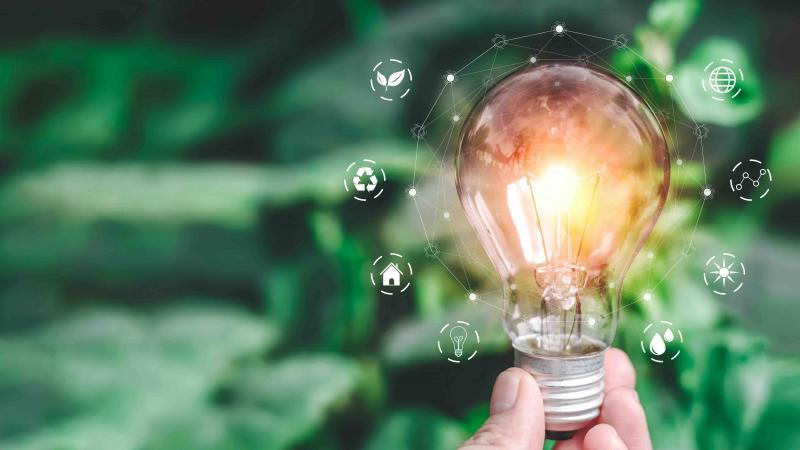
Show 2 comments
Do you work in communications? If so, let's talk!
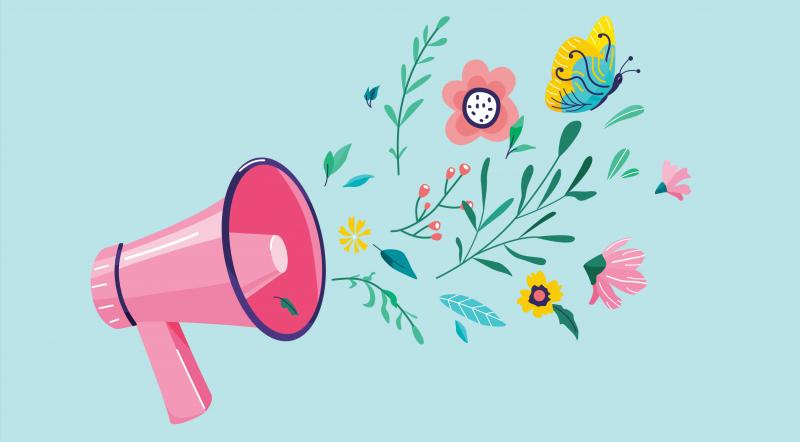
Be the first to comment
UPDATE: The Baixo Sabor Rewilding Case

Show 1 comment

James
August 24, 2023, 9:42 am
August 24, 2023, 9:42 am
The image in the post above shows an image sequence of successional stages at Baixo Sabor, ranging from initial shrublands 5-10 years after abandonment (1) until climax vegetation with junipers or oaks.
High Tatras National Park
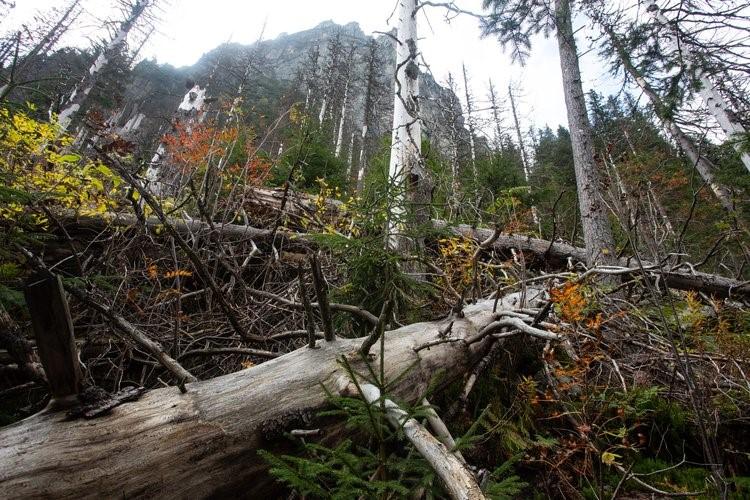
Show 1 comment

James
August 24, 2023, 9:31 am
August 24, 2023, 9:31 am
Spruce mountains are forests recovering from a bark beetle outbreak in the Rewilding Case National Park High Tatras.
Rewilding Cases meetings
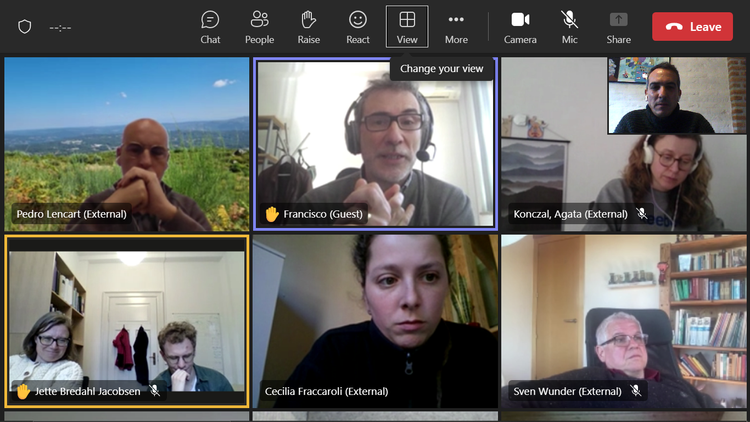
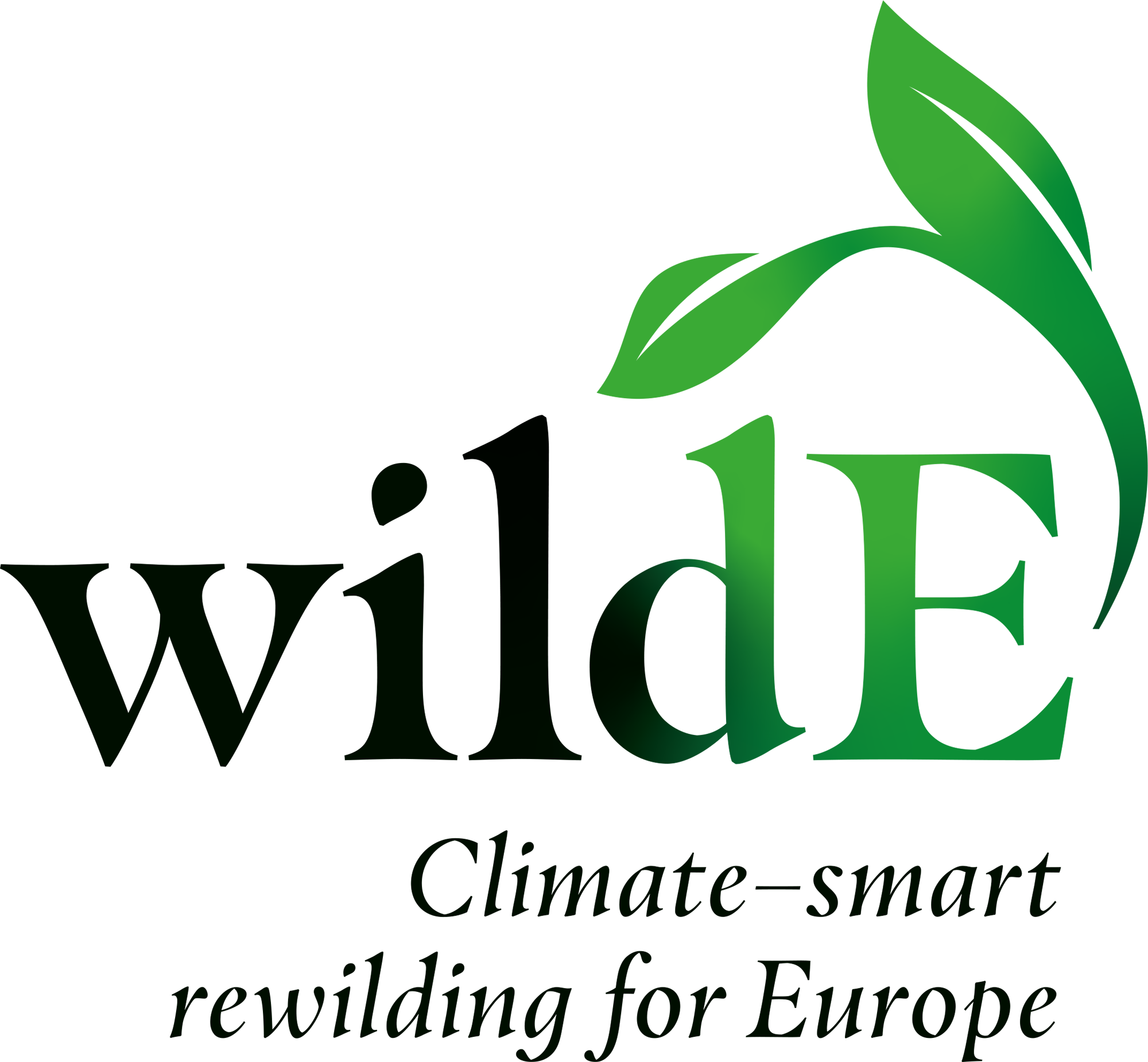

May 9, 2024, 3:28 pm
Example of a rewilding product from the Oppla Marketplace: the 'Benefits and Risks of Rewilding' briefing note, published by IUCN.
May 10, 2024, 9:43 am
Content shared with the wildE Knowledge Repository will also be shared with the new EU Science Service web-platform, which is in development and launching in 2027.
The Science Service is part of the EU Knowledge Centre for Biodiversity, which exists to facilitate knowledge sharing and foster cross-sectorial dialogue for EU policy making in biodiversity and related fields.
The Science Service is being developed by the BioAgora project, funded by the European Union. For more information visit www.bioagora.eu